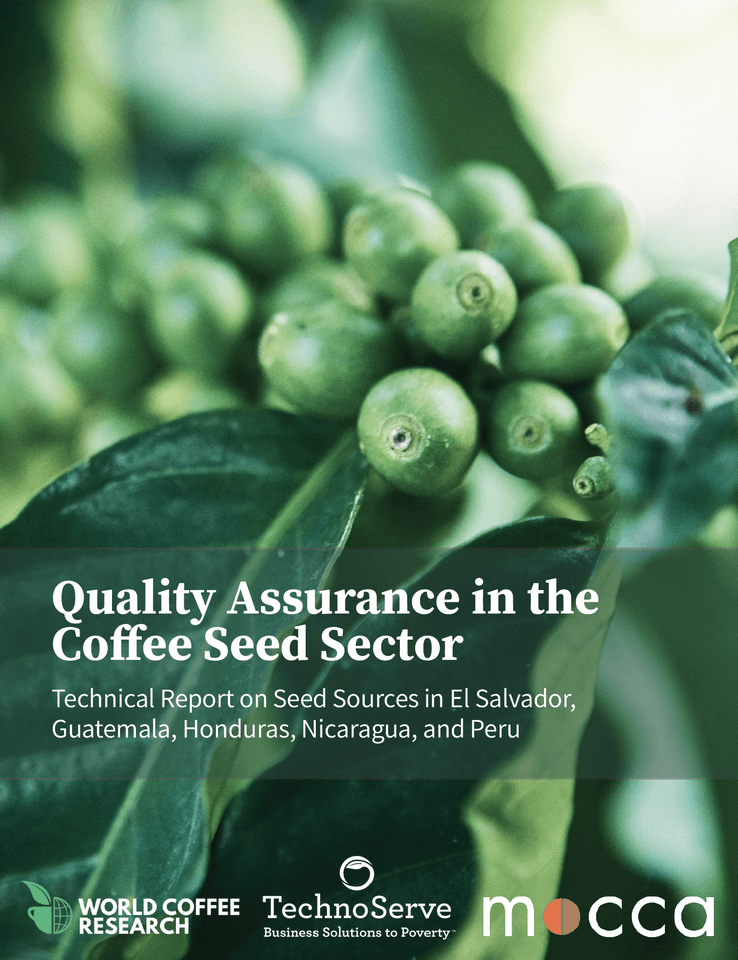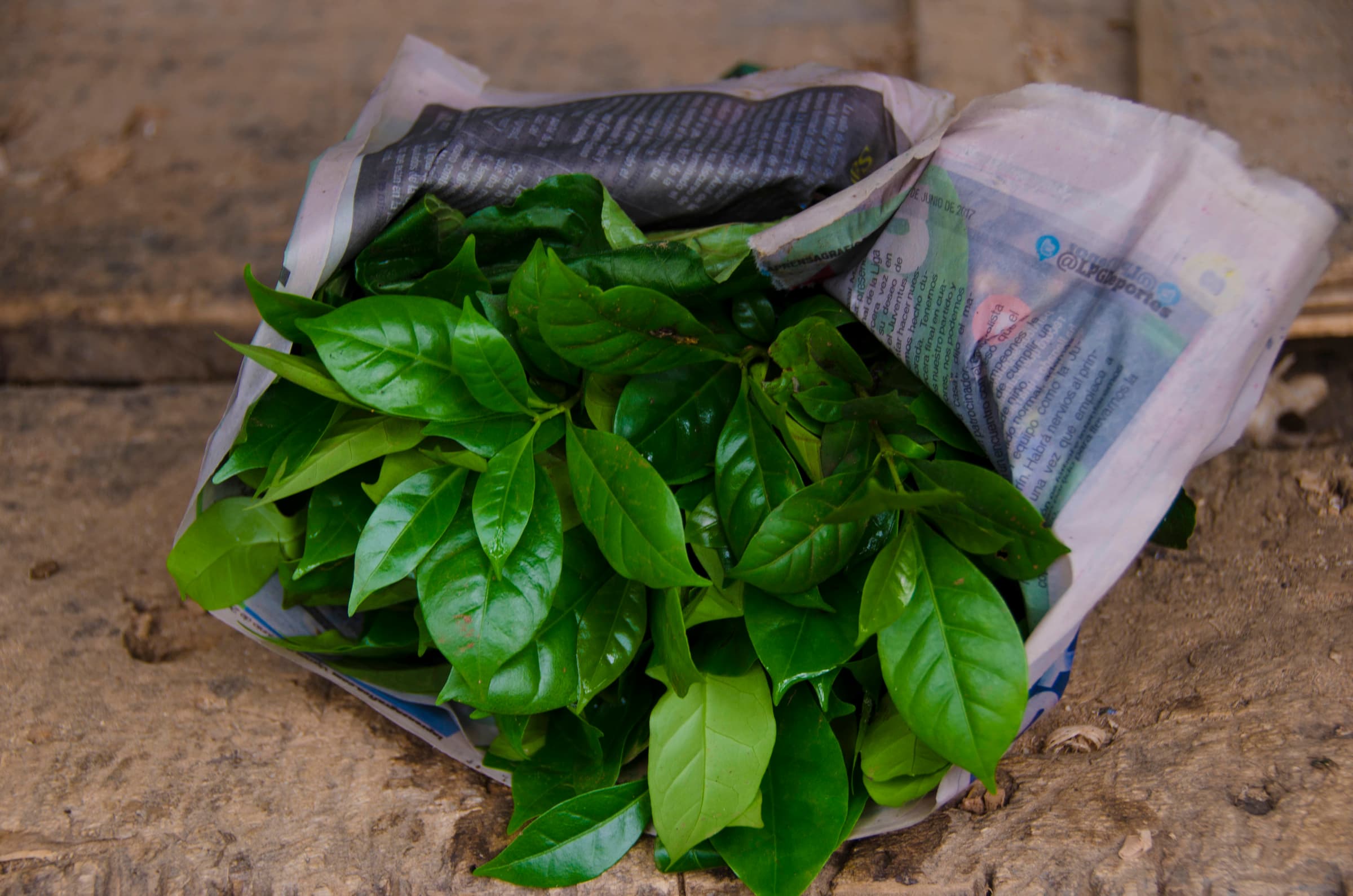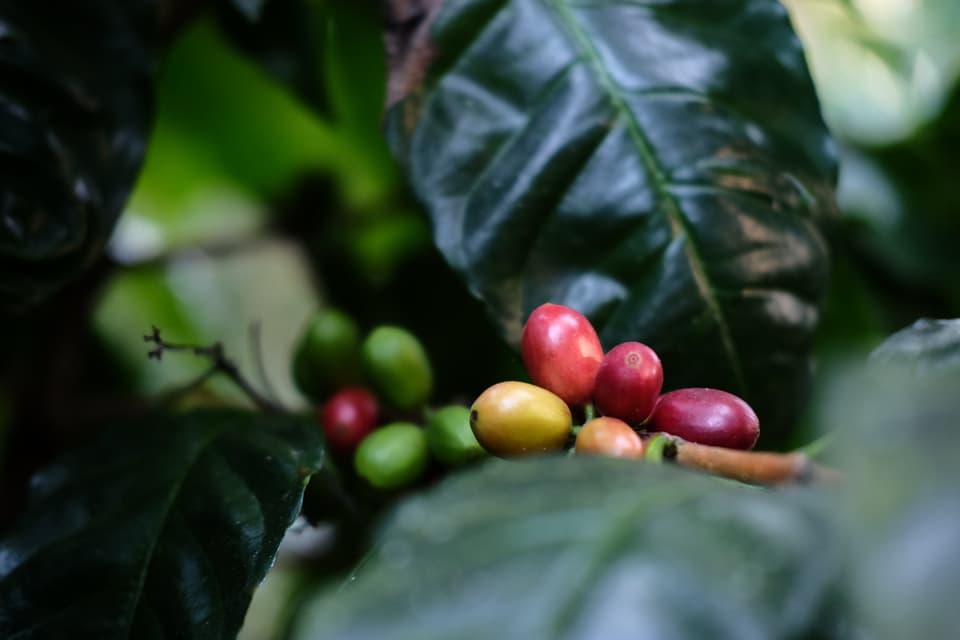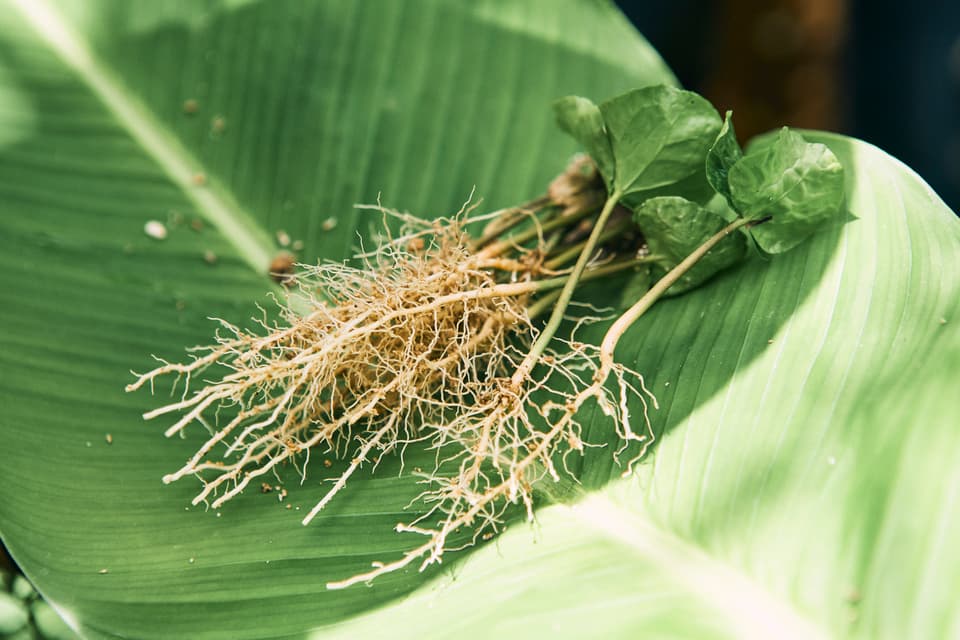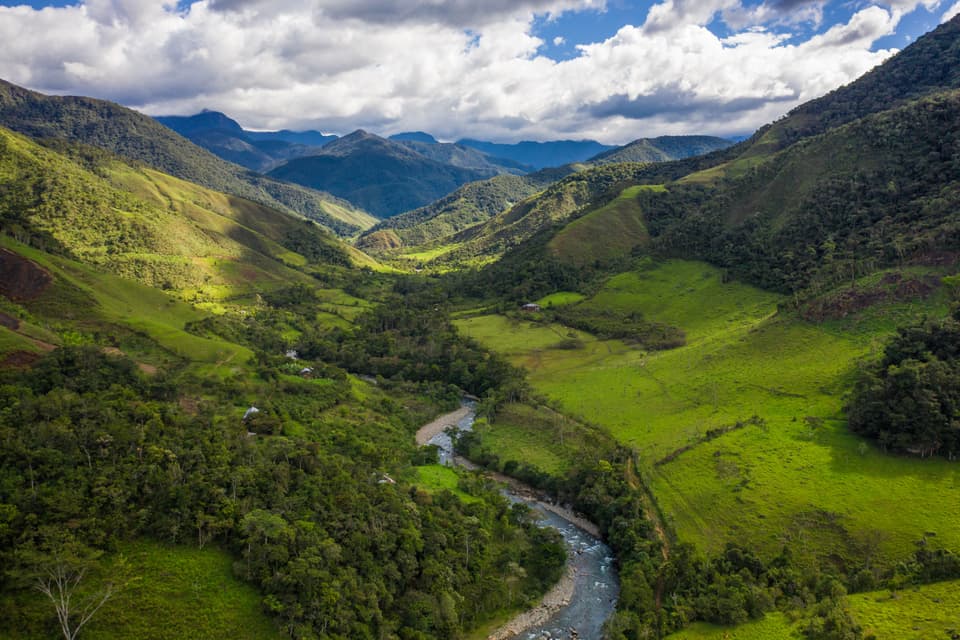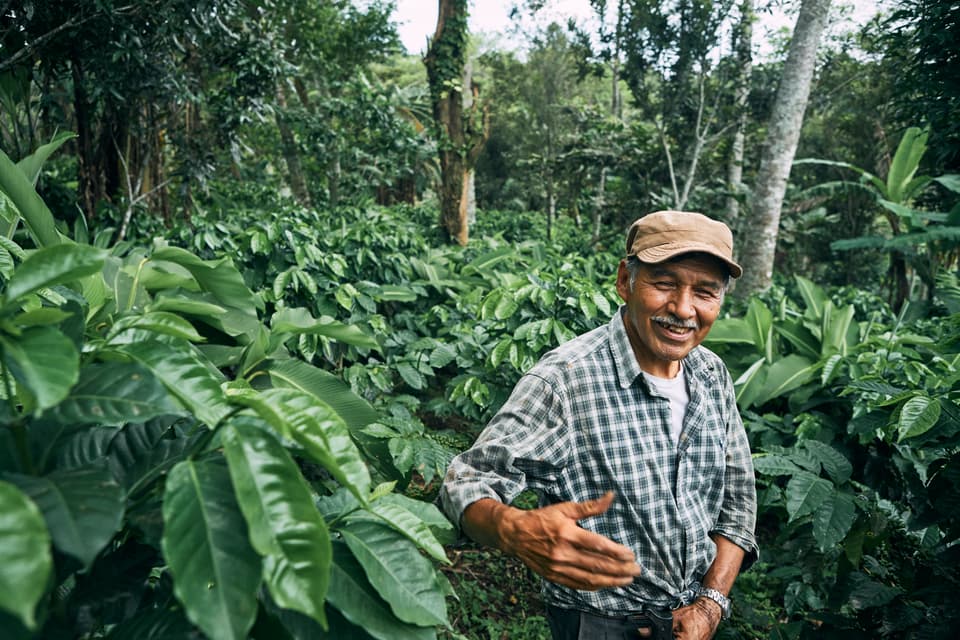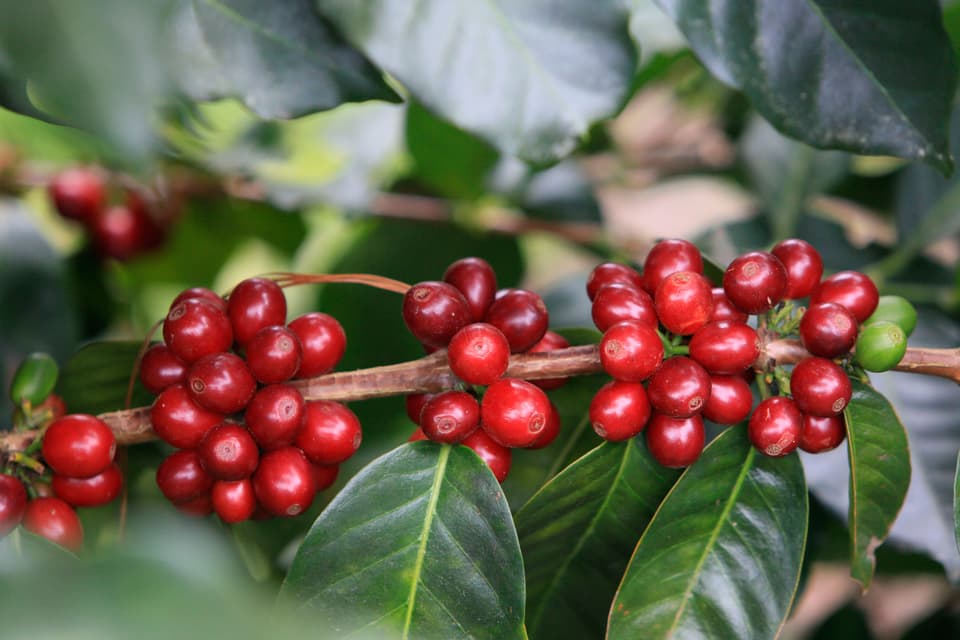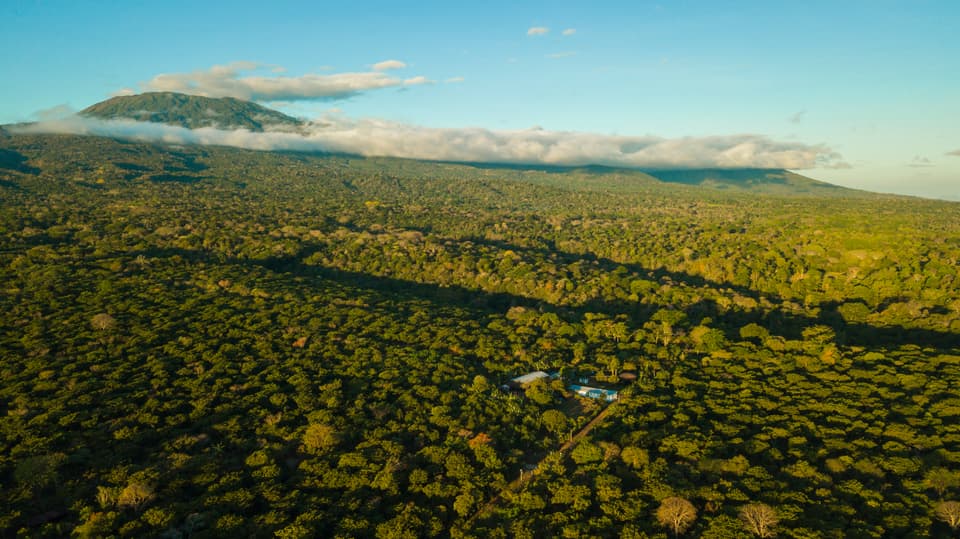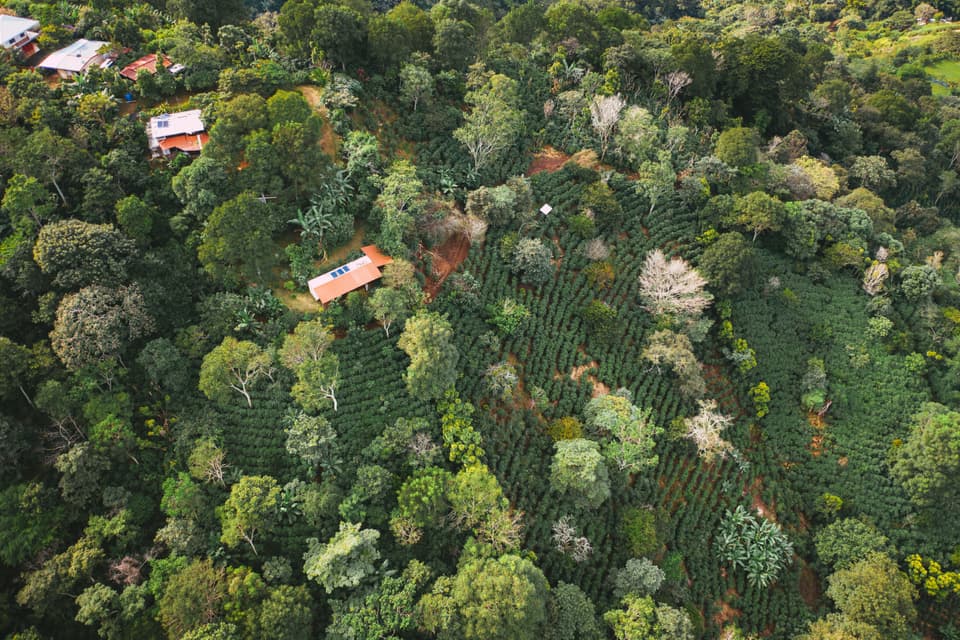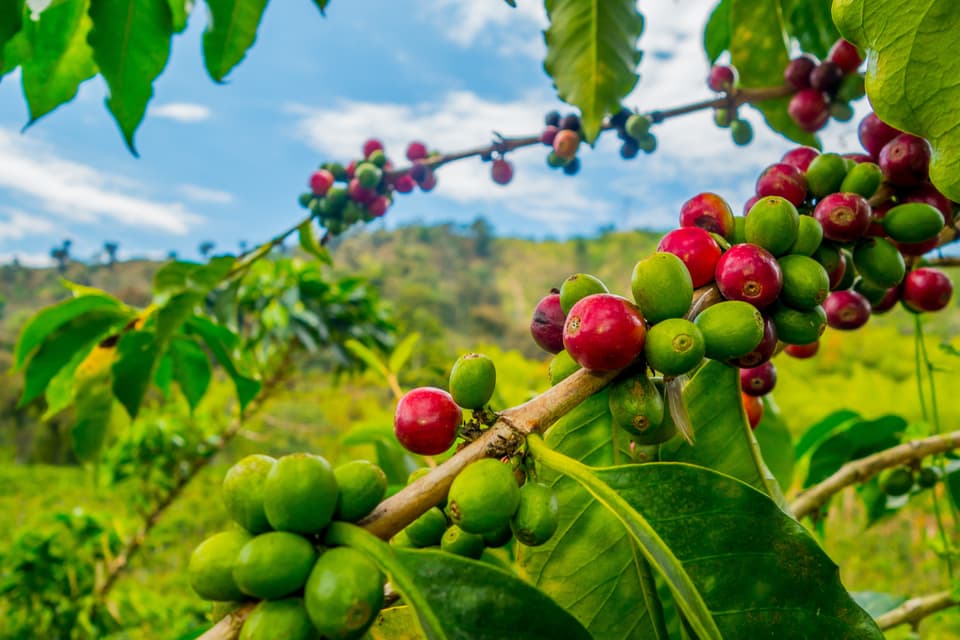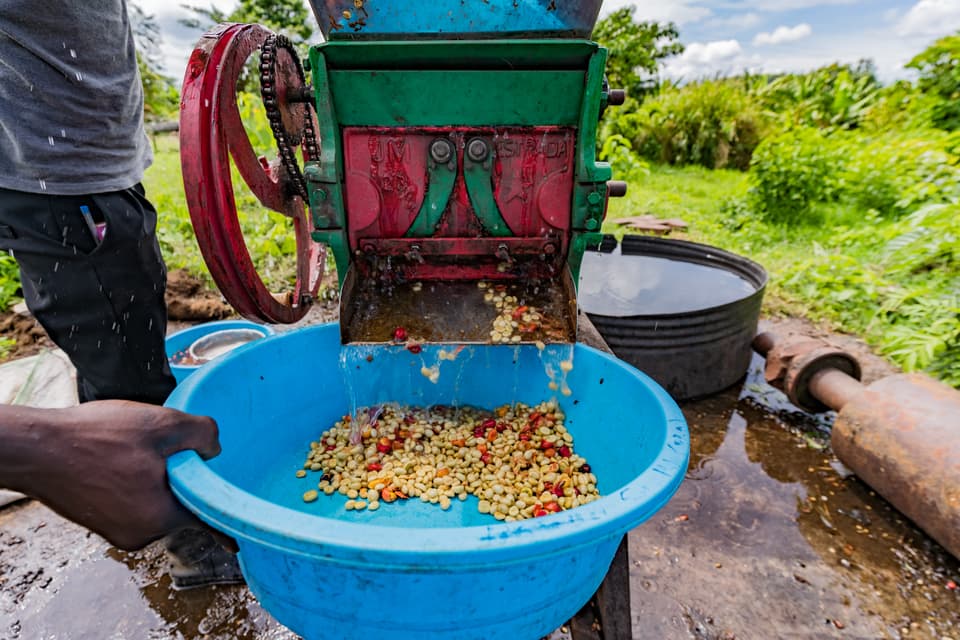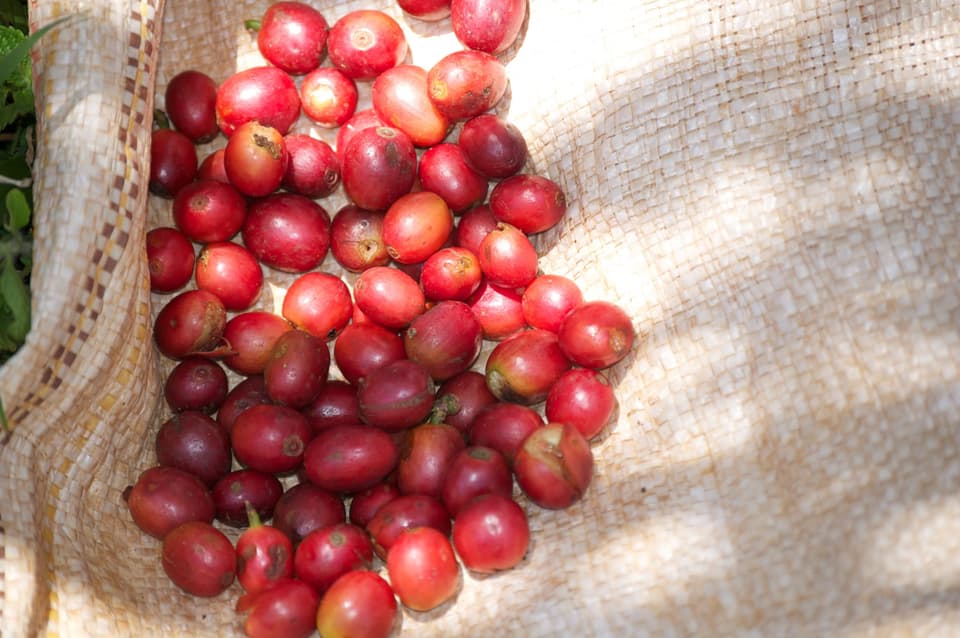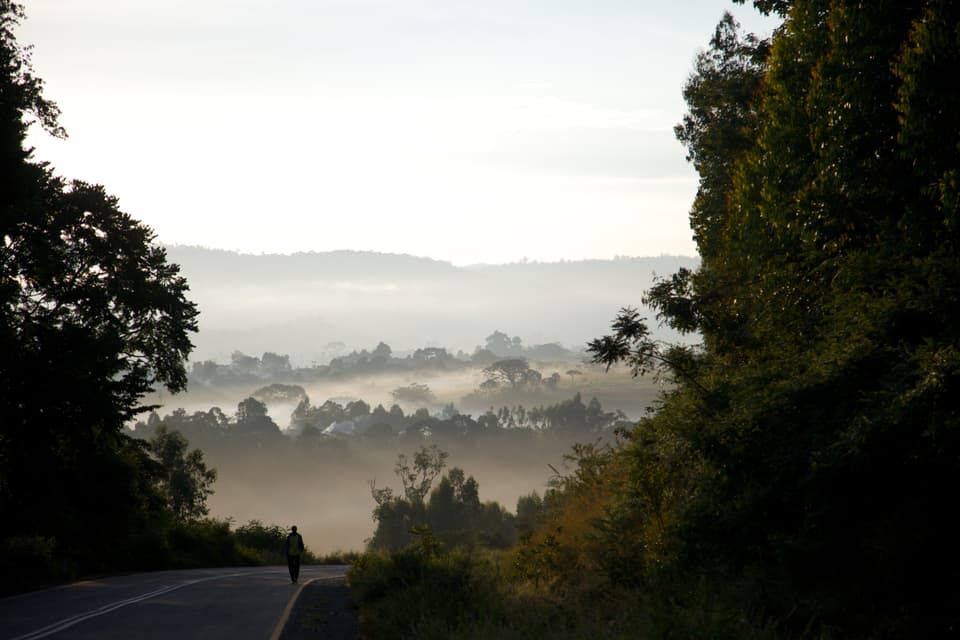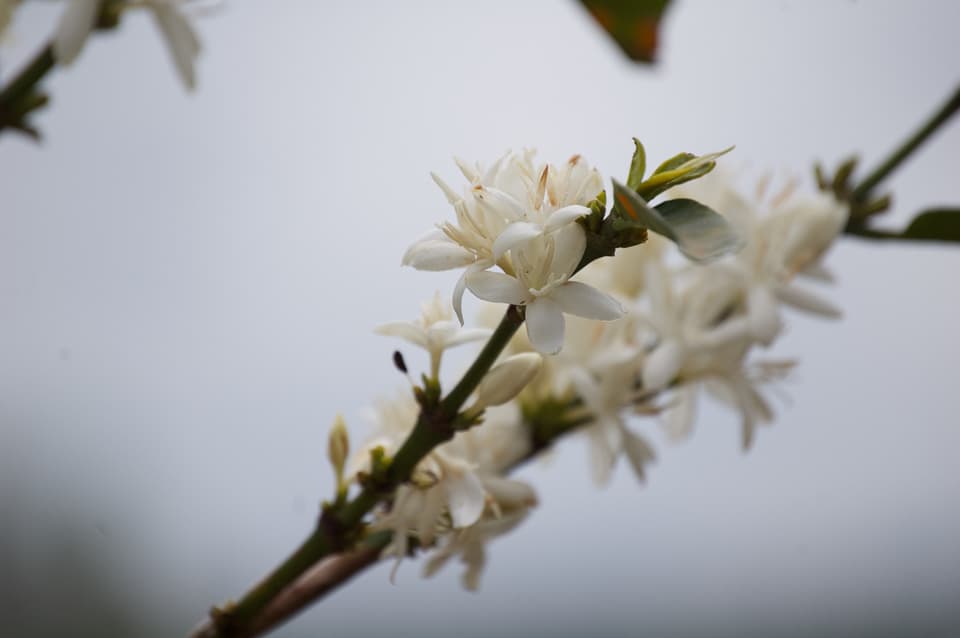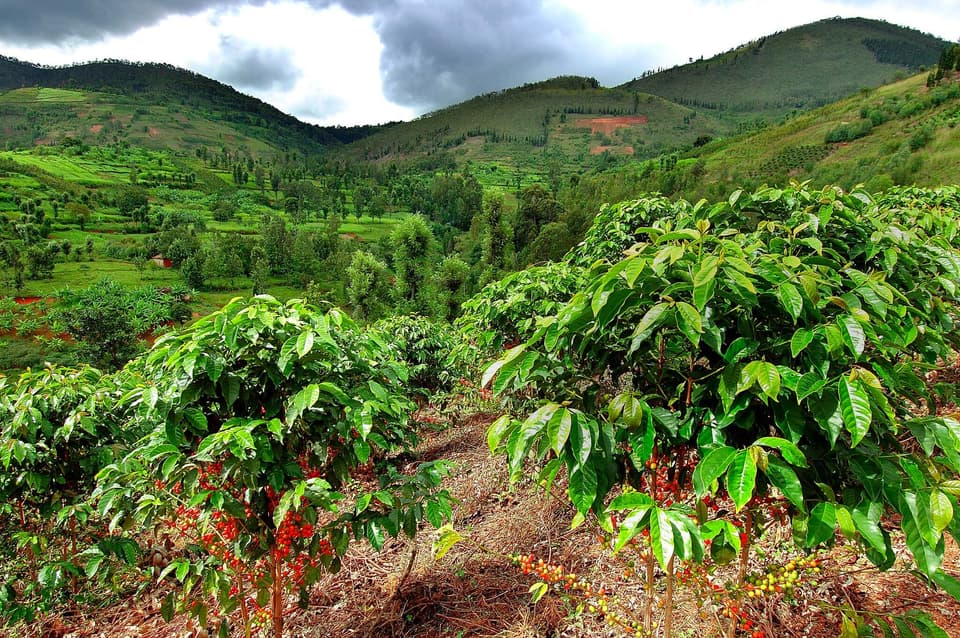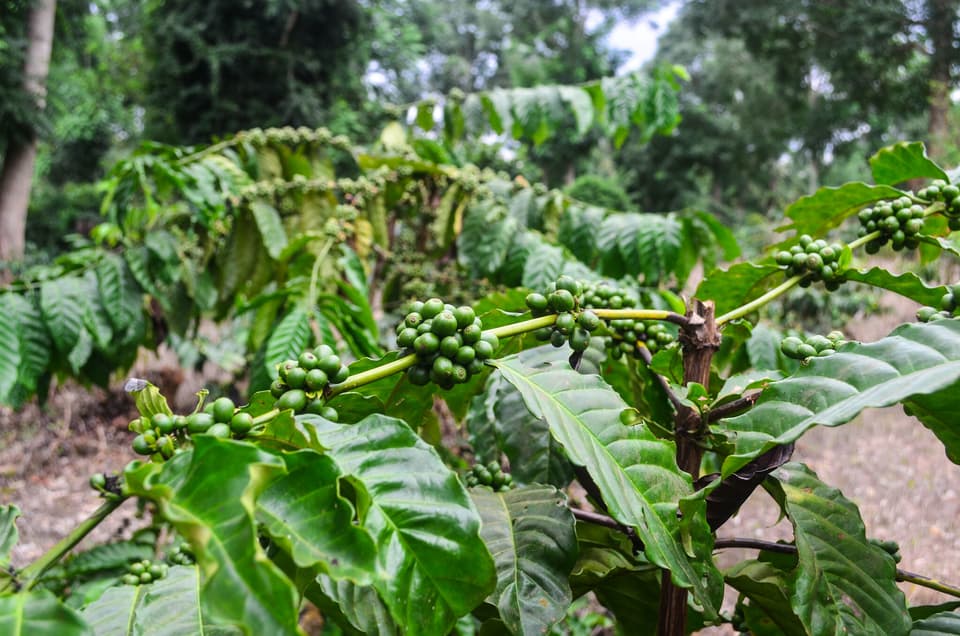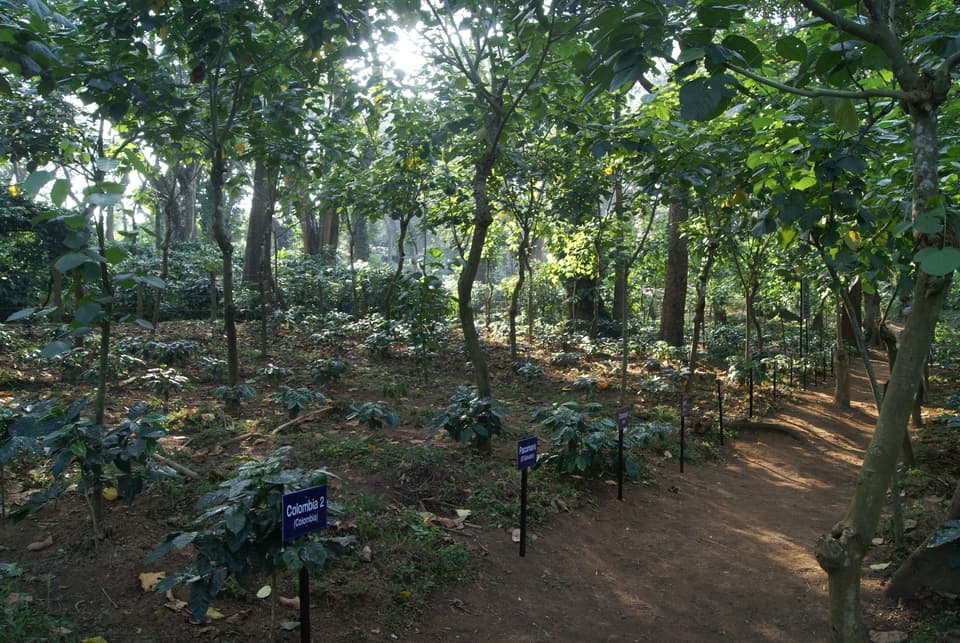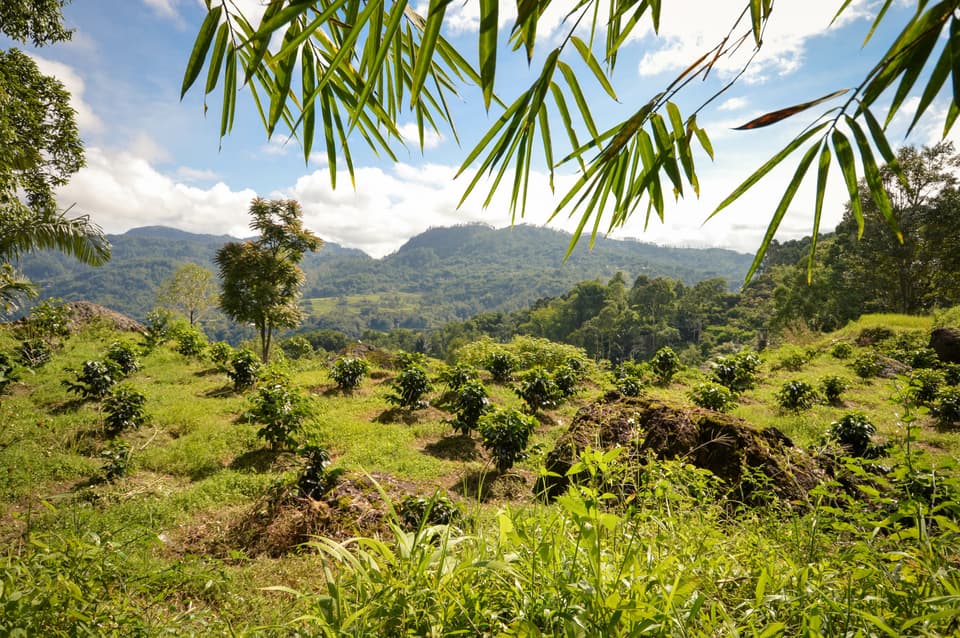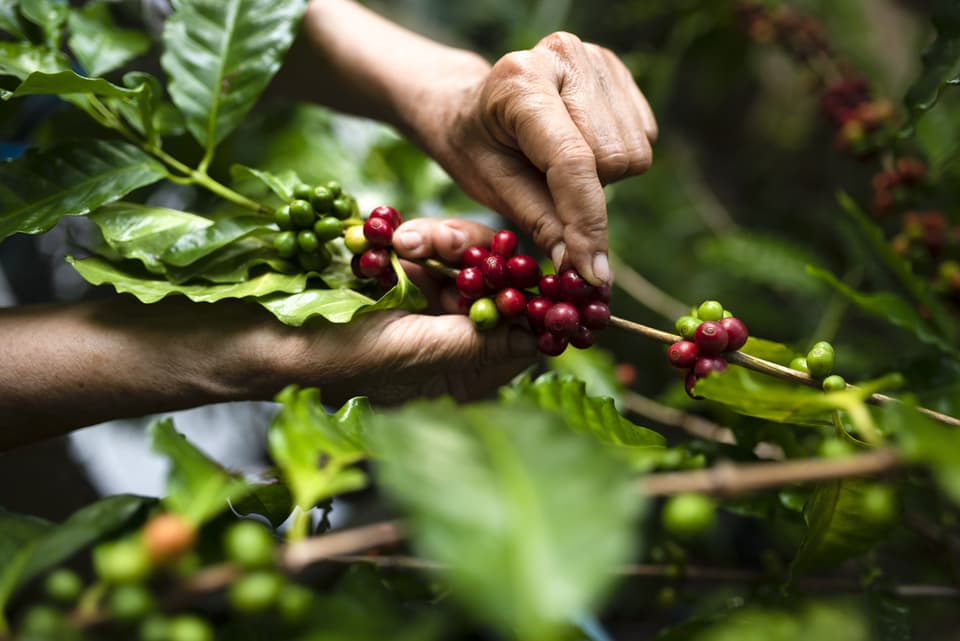Why do seed systems matter?
The problem
One of the essential, and largely invisible, problems facing the coffee industry is the lack of a formal coffee seed sector—it's coffee's "missing middle."
When it’s time to plant a new tree, most farmers either produce new ones from seeds collected in their fields or from neighbors, or obtain them from small local nurseries. The quality of the materials from these sources is often low due to a lack of phytosanitary standards, traceability, and genetic conformity, which can cause lasting impacts on a farm’s yield and profitability. Low-quality plants “lock in” reduced performance over the entire lifetime of the tree.
At the same time, the consequences of having the wrong variety—for example one that is not resistant to a key disease in the farmers’ region—can be disastrous. Because coffee is a tree crop that remains in farmers’ fields for 20-50 years, having low-quality or improper varieties can amount to huge lifetime reductions in productivity, profitability, and climate resilience. Today, much of the genetic gain created by breeders via improved varieties is “leaking out” of the value stream before it has a chance to reach farmers.
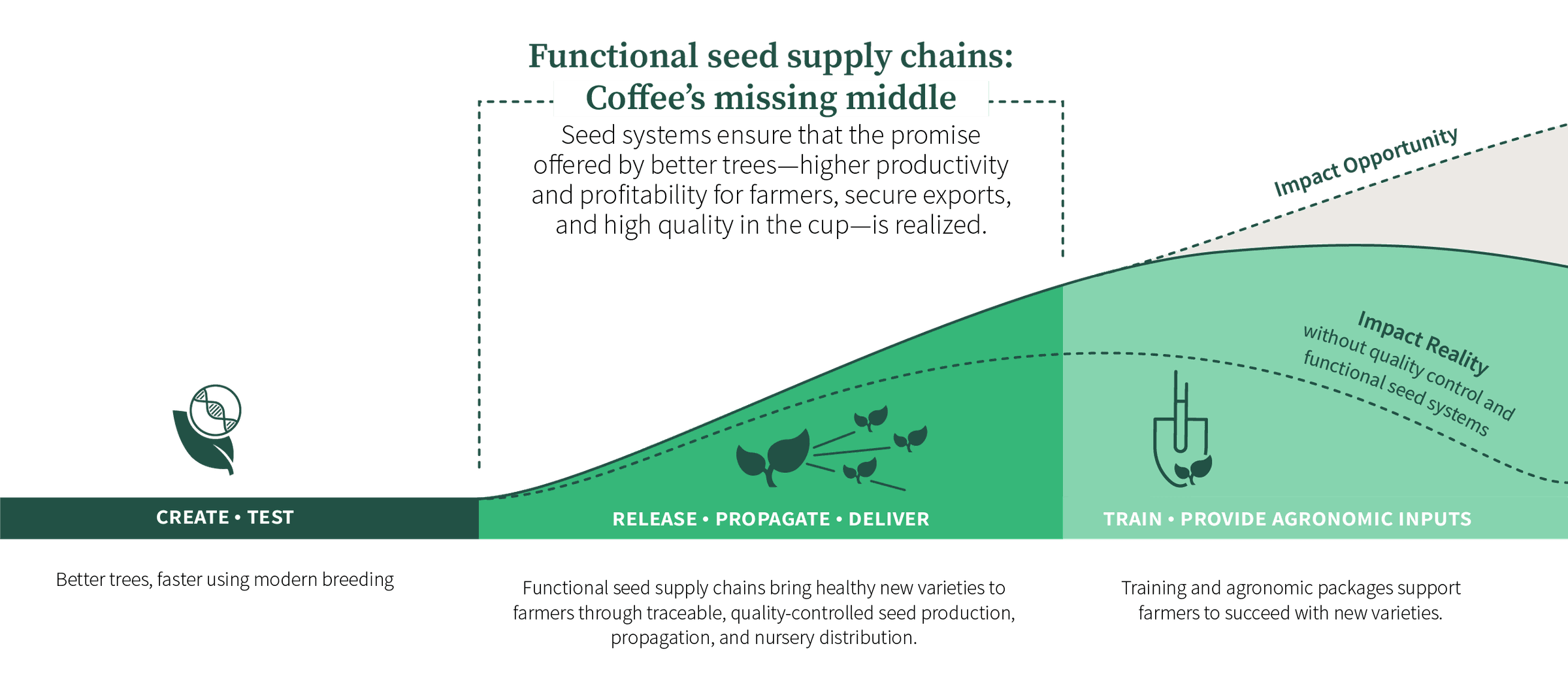
The solution
Functioning seed systems reduce farmer risk and create value. Improving seed value chains that deliver healthy, vigorous and disease resistant plants allow farmers to “lock in” improved productivity, better quality for the duration of the life of the coffee tree. As new varieties with improved performance are created and released by WCR and other breeding programs, strong nursery and seed infrastructure ensures that the impact created by these plants reaches farmers.
WCR’s vision is that better plants should be both available and accessible to farmers everywhere.
Availability means that better plants exist, e.g., improved varieties have been developed out of breeding programs, seed stock exists and is high quality, and there are healthy supply chains to move seed to nurseries and to farmers.
Accessibility means that better plants are affordable and in reasonable proximity to farmers, which requires that:
- appropriate financing mechanisms are in place
- renovation programs and practices create adequate demand
- there are enough nurseries spread out in each major region
- nurseries are solvent, healthy businesses
- nurseries are following best agricultural practices to produce healthy and vigorous plants
- nurseries have enough of the right varieties at the right time for farmers to plant.
The impact
When functional seed systems emerge, it allows the potential of coffee varieties to be unleashed. It “de-risks” the investment farmers make in planting new trees, improving farmer livelihoods and contributing to enhanced country competitiveness and origin diversity. For example, in Uganda, delivering disease-resistant improved seedlings to farmers can increase the net present value of a coffee tree by 2.5 times.1
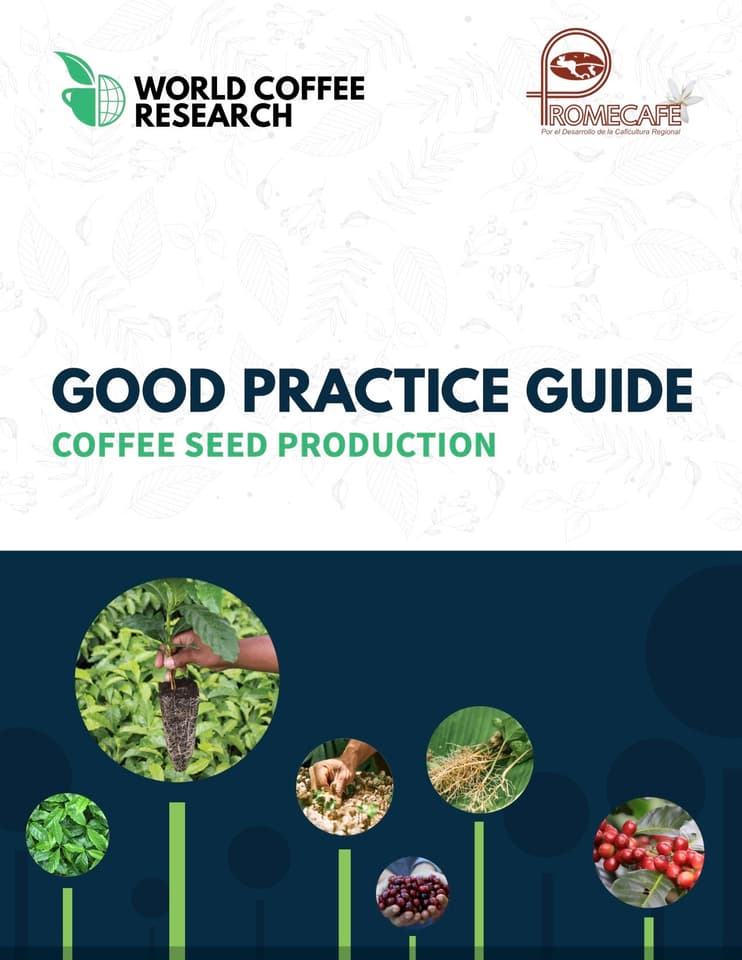
Good Practice Guide: Seed Producers
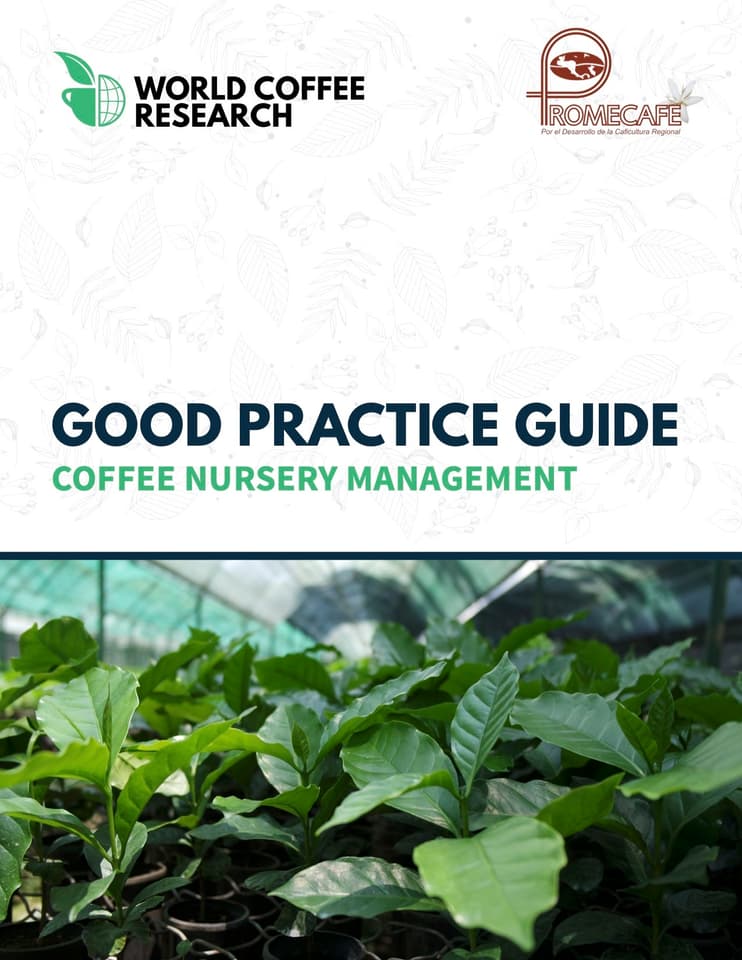
Good Practice Guide: Coffee Nursery Management
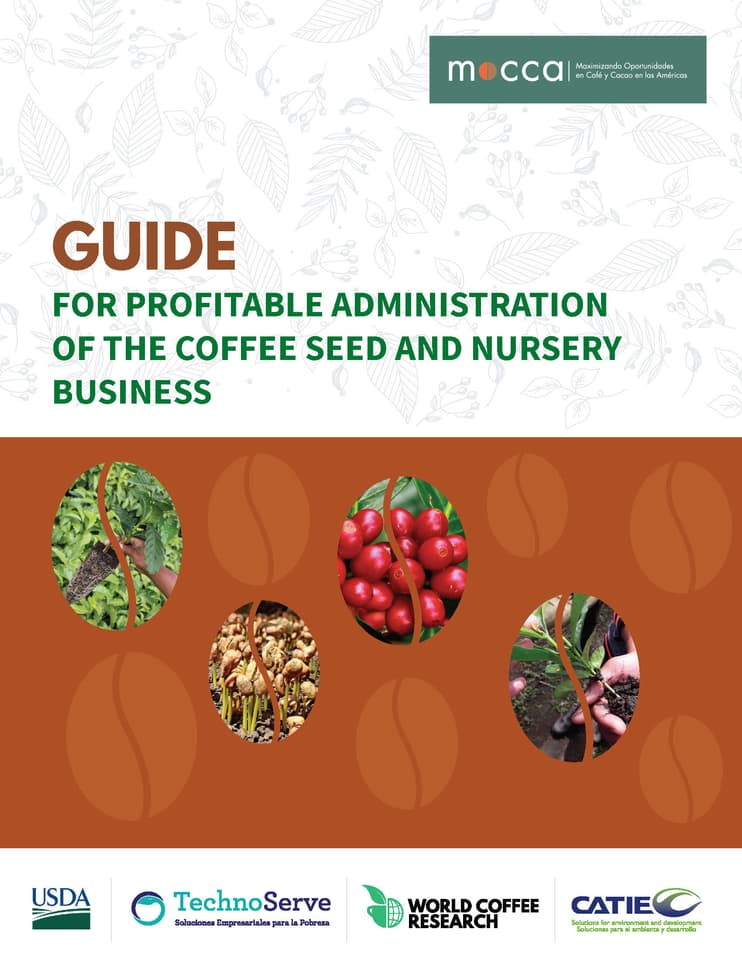
Guide to Running a Profitable Seed and Nursery Business
